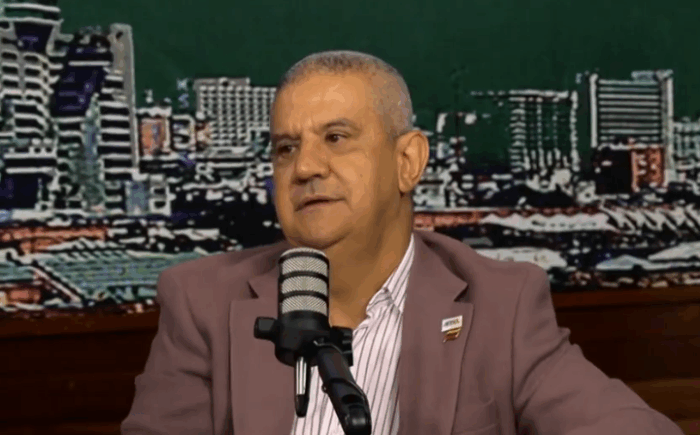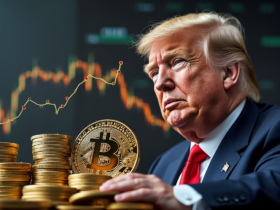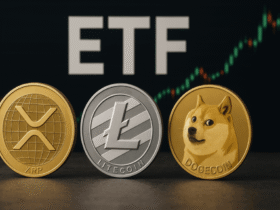The National Association of Supermarkets and Self-Services (ANSA) confirmed today that Venezuelans pay for purchases with cryptocurrencies in commercial establishments in the country. Ítalo Atencio, president of ANSA, revealed this growing trend during an interview.
The change responds to accelerated digital adoption in Venezuela. Atencio explained that, currently, at least three daily transactions use crypto assets in establishments in the sector. He added that three supermarket chains offer this option, although he did not reveal names. “But this is going to grow,” Atencio stated. to Venevision.
“Digital assets are the currency of the future that is already in the present,” Atencio declared. He added that experts such as Aníbal Garrido, from the Andrés Bello Catholic University, They train the sector to integrate digital assets into regular payments.
In this way, ANSA estimates that 10% of transactions will be with cryptocurrencies in the first quarter of 2026. This growth will accelerate if the use mechanism is mastered, according to Atencio.
These precedents drive the current leap. The novelty responds to informal dollarization and digital remittances. However, it is noteworthy that this wave of adoption is not something newbut something that has been manifesting for several years.
Stores such as Traki, FarMarket and FarmaRato received payments with cryptocurrencies in 2019. Now, as CriptoNoticias has been reporting, other stores such as Mundo Total integrate the service with new associations.
As pointed out in an editorial article by CriptoNoticias, Venezuela promoted bitcoin (BTC) since 2012 against inflation and controls. However, tether (USDT) dominates the market today; educates about wallets and exchanges, and facilitating the transition to BTC.
It should be taken into account that, in the country, an application is already being developed for the banking system to custody stablecoins such as USDT or other cryptocurrencies. This was revealed by Rodolfo Gasparri, president of Conexus, a company specialized in the processing of electronic transactions.






Leave a Reply